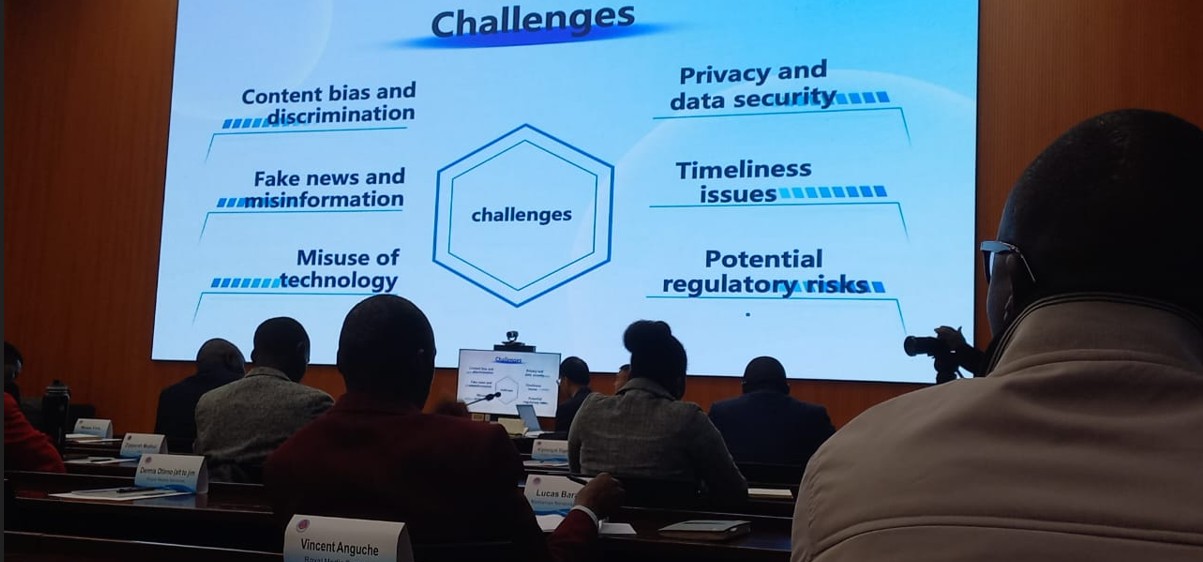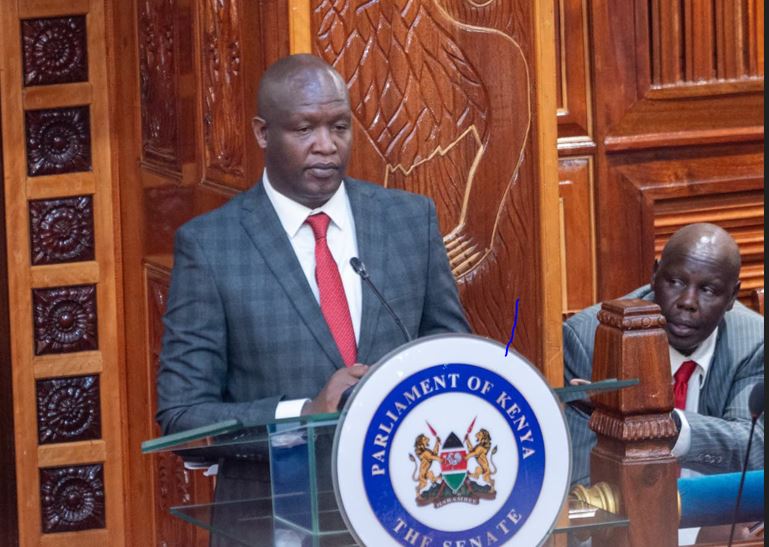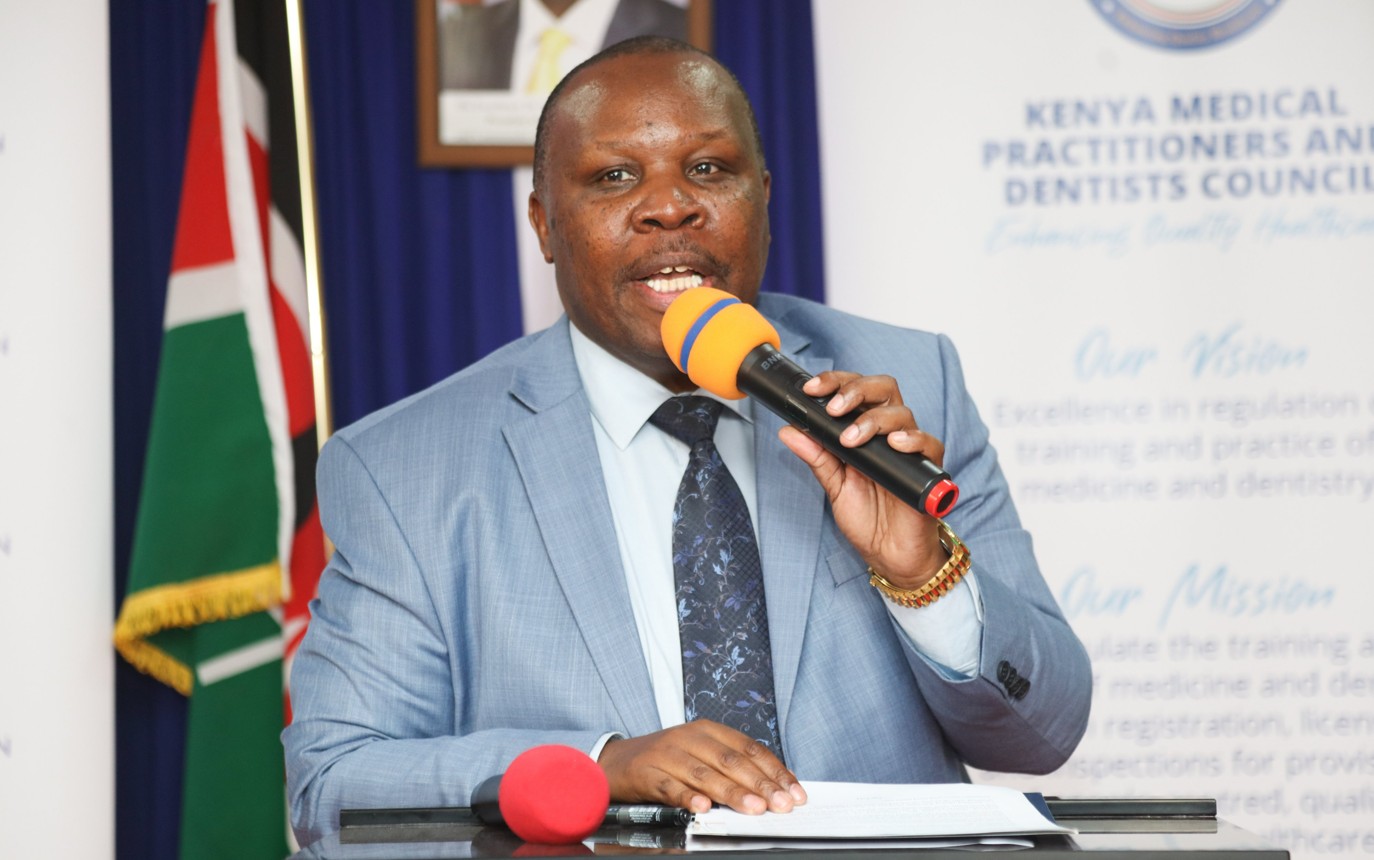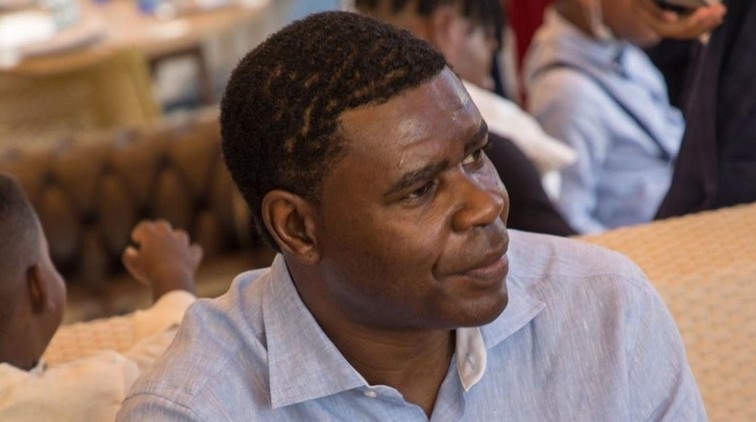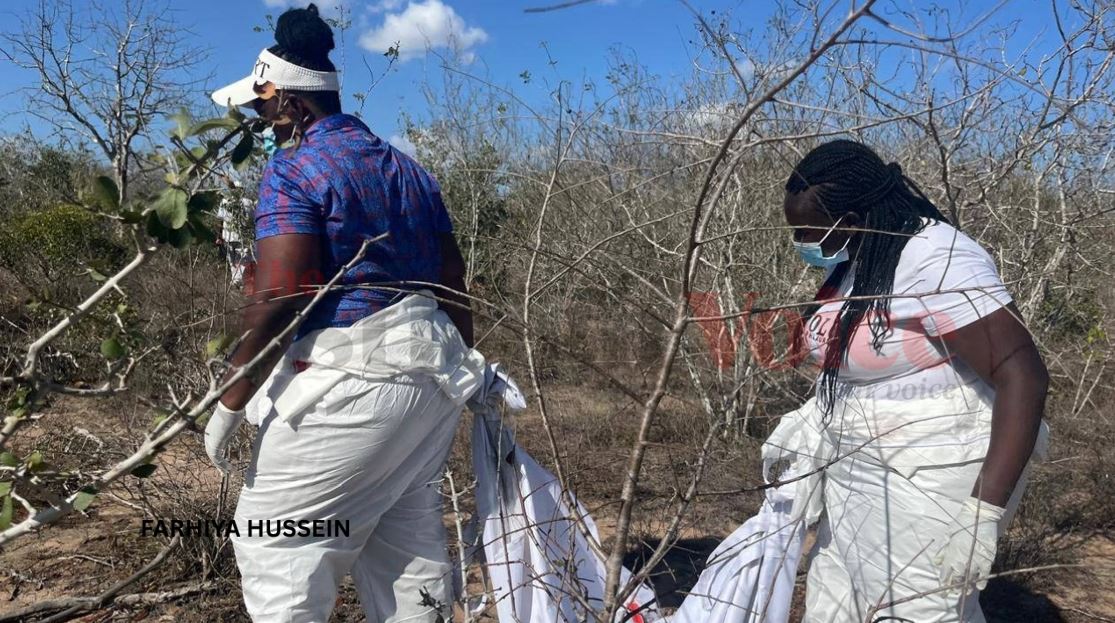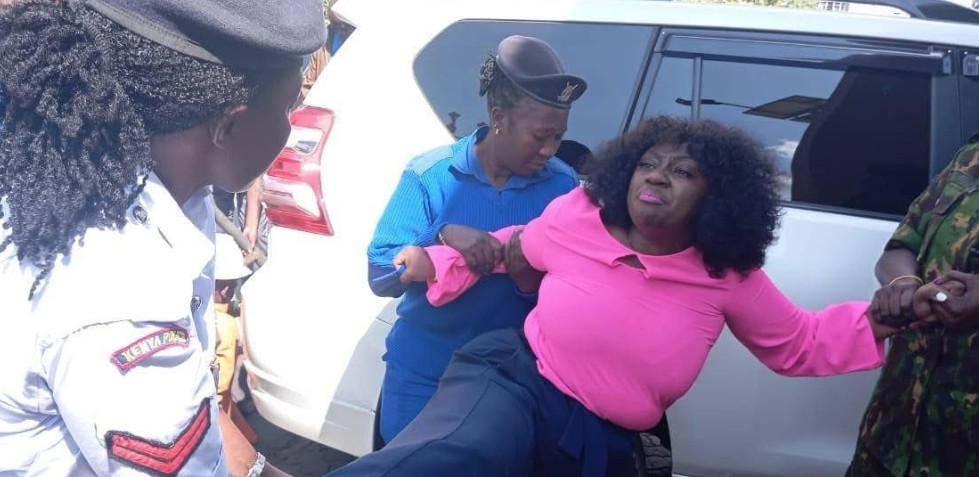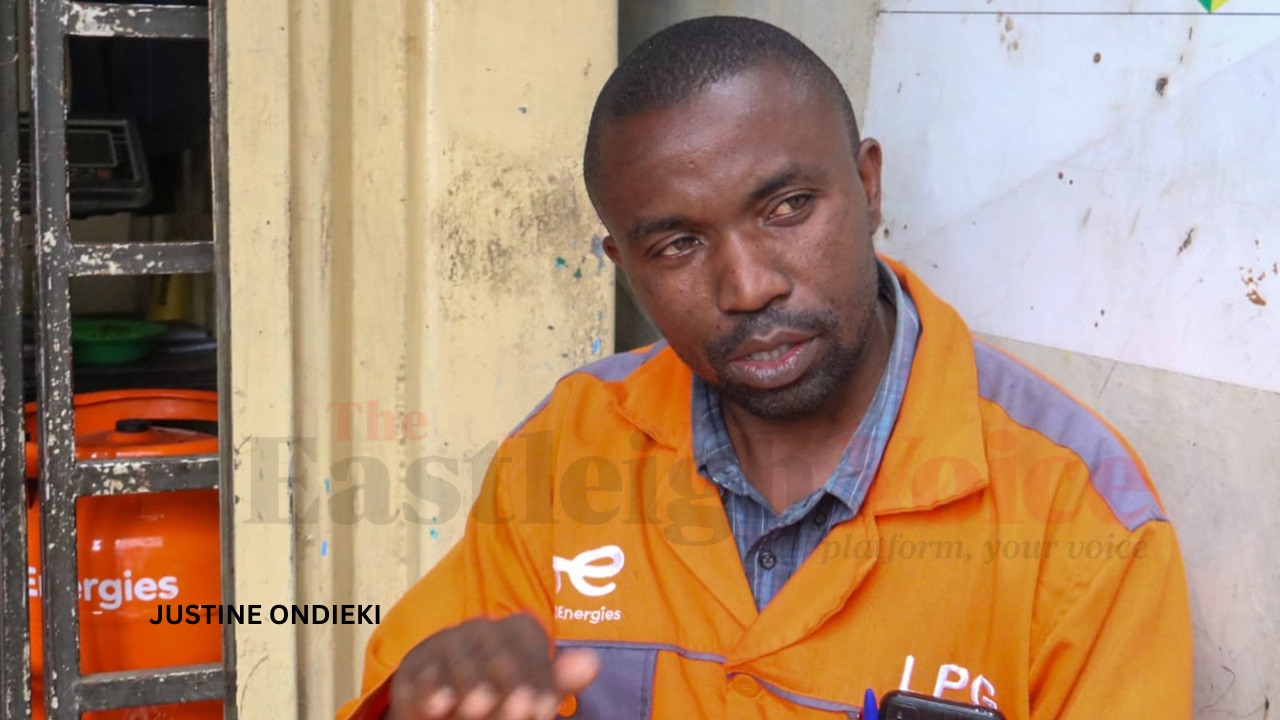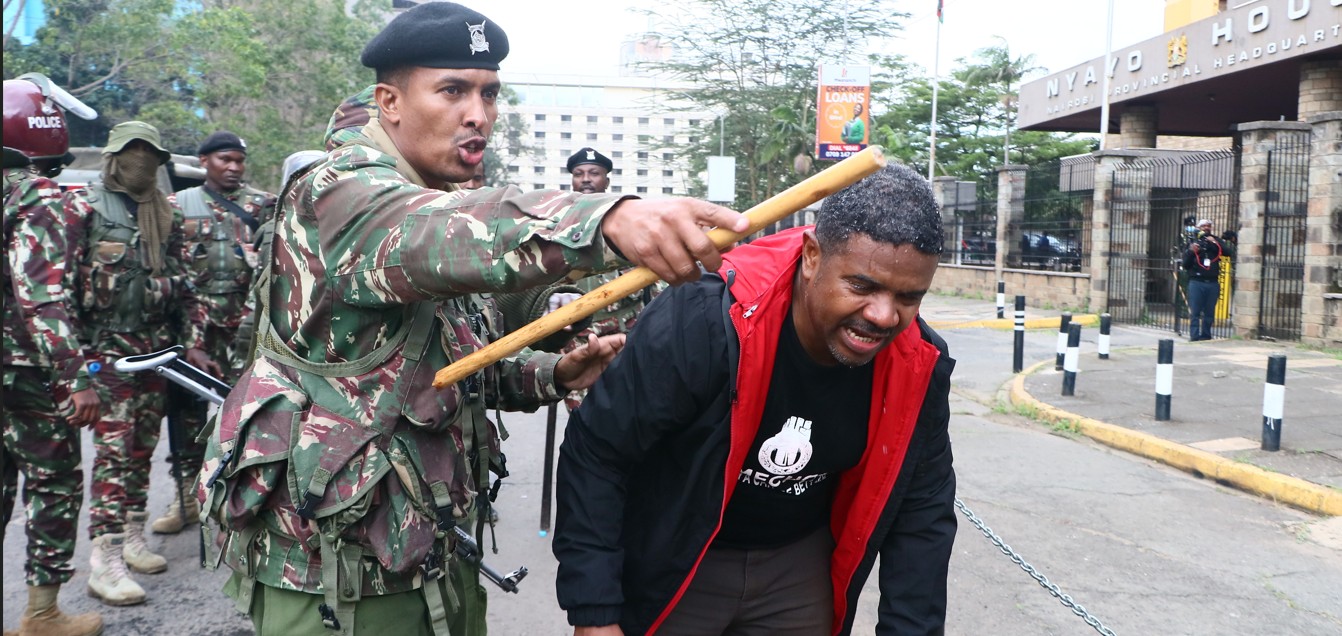Uganda begins Ebola vaccine trial after new outbreak kills nurse

The trial, which uses a vaccine provided by the International AIDS Vaccine Initiative (IAVI), is seen as a critical step in controlling the outbreak.
Uganda has begun a clinical trial for a vaccine against the Sudan strain of Ebola, which has claimed the life of a nurse in the capital, Kampala. The outbreak, declared just last week, has already seen the emergence of two new confirmed cases in the nurse’s relatives.
Health authorities are prioritising those most at risk, such as healthcare workers and individuals who have come into contact with the virus. The trial, which uses a vaccine provided by the International AIDS Vaccine Initiative (IAVI), is seen as a critical step in controlling the outbreak.
More To Read
- Africa: A tentative start in mass vaccine production
- Vaccine hesitancy: Inside Kenya’s push against measles, rubella and typhoid
- Nearly four million vaccinated as yellow fever threat looms in Eastern Uganda
- Uganda declares end to latest ebola outbreak
- Uganda discharges last Ebola patients, begins 42-day countdown to end outbreak
- WHO says Tanzania Marburg virus disease outbreak resolved after no new cases in 42 days
"We are targeting those who are most at risk to protect them from further exposure," said Dr. Jane Ruth Aceng, Uganda's Minister of Health.
"This clinical trial offers a chance for us to prevent a broader spread of the virus in the community."
The first confirmed case in this outbreak—a nurse who sought treatment at a hospital just outside Kampala before travelling to Mbale in the country's east—died after contracting the virus.
Authorities have linked two other cases to the nurse’s relatives. The highly contagious virus spreads through contact with bodily fluids from infected individuals or contaminated materials.
The symptoms of the virus include fever, vomiting, diarrhoea, muscular pain, and, in some cases, severe bleeding.
Tracing contacts
Officials are actively tracing contacts, with at least 234 individuals identified as at-risk, according to the Ministry of Health.
Despite Uganda’s experience with previous Ebola outbreaks, the dense and mobile population of Kampala presents significant challenges in controlling the spread.
"Contact tracing is essential in stopping the virus from spreading further, especially in areas with high population mobility like Kampala," said Dr. Matshidiso Moeti, WHO Director for Africa. "This vaccine trial marks a significant milestone in the global effort to combat the Sudan strain of Ebola, showcasing the importance of international cooperation in public health emergencies."
The vaccine being trialled is part of Uganda's strategy to prevent a wider outbreak, with over 2,000 doses made available through global partnerships. The Sudan strain has not had a licensed vaccine until now, and experts are hopeful that the trial will provide crucial data for future use.
In 1976, simultaneous outbreaks in South Sudan and Congo led to the first identification of Ebola, a viral hemorrhagic fever.
While scientists are still unsure of the natural reservoir of the virus, they suspect that initial infections may occur through contact with infected animals or consumption of their raw meat.
Several Ebola and Marburg outbreaks have affected the region, including neighbouring Tanzania, Kenya, and Rwanda. Authorities continue to closely monitor the situation and are prepared to implement swift measures to contain the virus.
Top Stories Today

